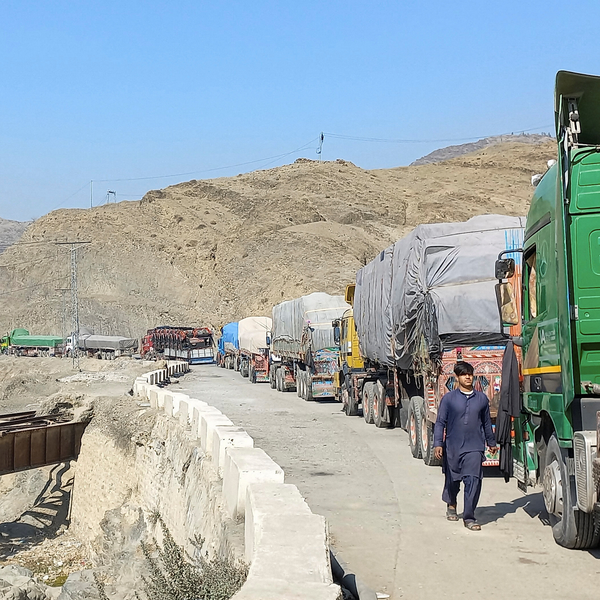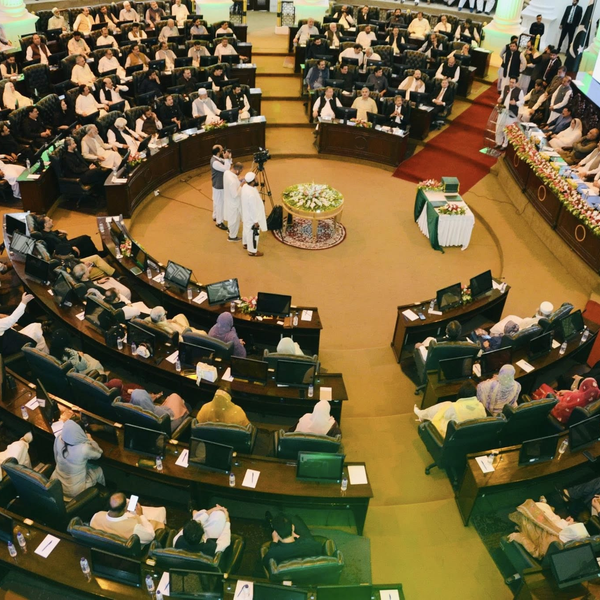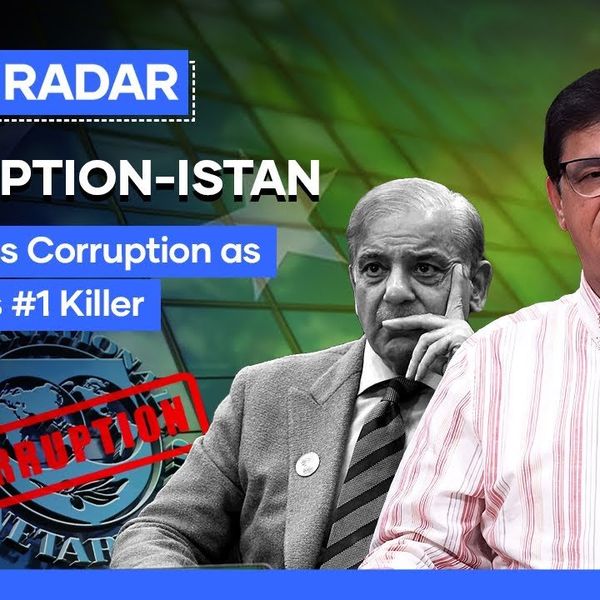Pakistan pledges major anti-corruption drive in IMF report
Government outlines 6- to 18-month overhaul of procurement, regulation and fiscal governance to secure IMF support
Business Desk
The Business Desk tracks economic trends, market movements, and business developments, offering analysis of both local and global financial news.

Pakistan vows broad governance reforms as part of IMF assurances
None
Pakistan has assured the International Monetary Fund that it will roll out a series of major anti-corruption and governance reforms over the next six to 18 months as part of commitments ahead of an IMF Executive Board review, according to an official government document.
In the report, the government pledges to “take key measures to address corruption” and strengthen transparency across federal institutions, public procurement, regulatory bodies and the judiciary.
Under the commitments, Pakistan will overhaul its public procurement framework within 12 months by ending preferential treatment for state-owned enterprises, eliminating avenues for direct contracting and mandating use of the e-government procurement system for all transactions.
The government also vowed to increase transparency around major investments by publishing the first annual report of the Special Investment Facilitation Council. The report will include details of all projects facilitated by the council, any concessions granted and the estimated value of those concessions.
Within 18 months, the Securities and Exchange Commission of Pakistan will lead an effort to consolidate and reform federal business regulations. According to the document, the SECP will establish a comprehensive database of all regulations, eliminate unnecessary rules through a structured review and introduce an international best-practice system for assessing new regulatory proposals.
The government will also digitize regulatory compliance processes. A list of procedures to be digitized will be finalized within 15 months, with measurable progress expected soon after.
To reduce chronic delays in economic and commercial cases, the Ministry of Law and Justice will introduce a new court-performance evaluation methodology this year and publish the first performance report covering administrative tribunals and special economic courts next year.
On fiscal reforms, the government committed to publishing a tax-simplification strategy by May 2026 aimed at reducing tax schedules, cutting excessive withholding taxes and rationalizing exemptions. It also vowed to strengthen the Federal Board of Revenue by restructuring its oversight systems, reducing field-office autonomy and improving human-resource practices.
Audit findings related to the FBR’s digital services arm, PRAL, will be published within 12 months, along with the first public report tracking the FBR’s response to audit recommendations.
The Finance Division will seek to end mid-year budget changes without parliamentary approval by restricting supplementary grants and introducing a contingency reserve. The government also promised to improve transparency and discipline in the Public Sector Development Programme by enforcing a 10% cap on new projects, protecting capital spending and integrating parliamentarians’ schemes into the formal process.
The report outlines plans to adopt a risk-based approach to corruption vulnerabilities in federal agencies. An action plan covering the 10 highest-risk agencies will be published within a year, followed by annual progress reports.
Other long-term commitments include establishing full institutional independence for the Auditor General of Pakistan and strengthening investigation and prosecution of money-laundering offenses. The government said it would remove legal ambiguities around predicate convictions, improve suspicious-transaction reporting and bolster investigative capacity.
Additional reforms will target integrity among senior civil servants, including publication of asset declarations beginning in 2026 along with risk-based verification. The government will also review the legal framework for appointing heads of key oversight bodies — including the Competition Commission, SECP and National Accountability Bureau — to ensure transparent, merit-based selections.
The commitments form a central part of Pakistan’s assurances to the IMF as the country seeks continued financial support and attempts to tackle longstanding governance and corruption weaknesses.










Comments
See what people are discussing